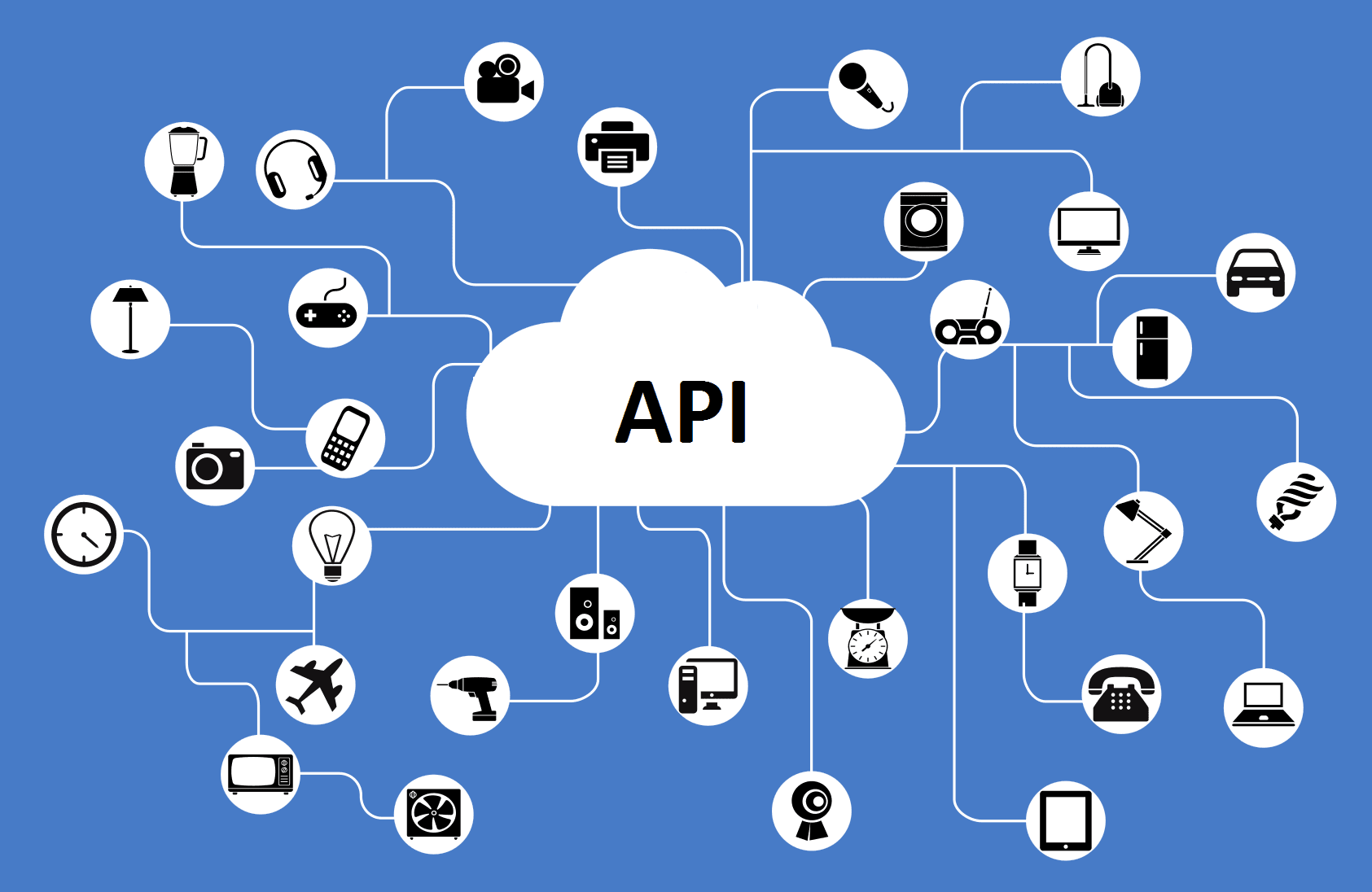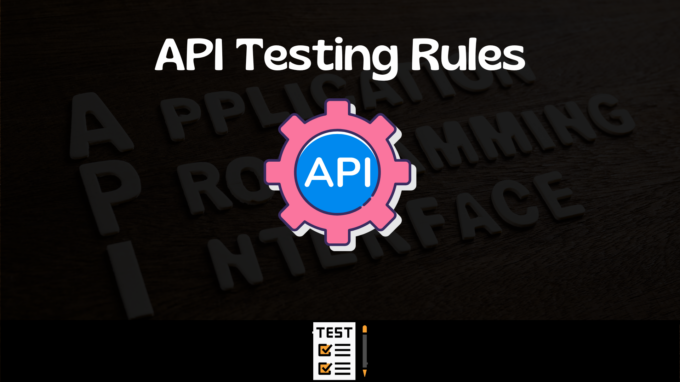APIs are essential to modern software development. APIs connect software programs and share data.
They enable developers to build complex systems that integrate multiple functions. APIs must be usable and dependable to maximize their potential.
API test cases guarantee API functionality and reliability. API test cases analyze API correctness, performance, and security. Developers can fix faults and optimize the API’s functionality by testing it thoroughly.
API test cases cover several evaluations.
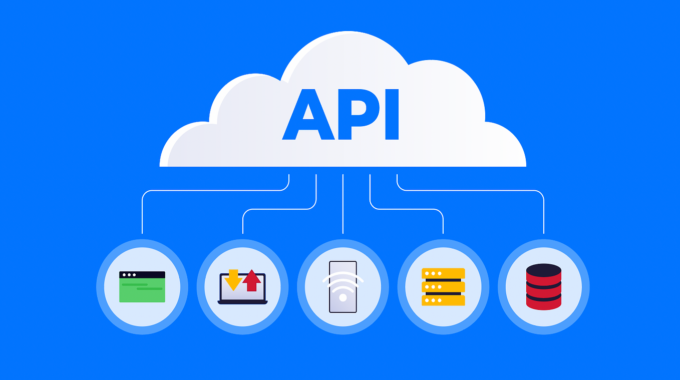
Functional testing ensures the API’s fundamental functionality works as expected under diverse scenarios. This requires creating test scenarios to verify the API’s functionality with various inputs and use cases.
API test cases also require integration testing. Verifying API data sharing with other systems and services is crucial.
Integration testing helps developers verify that data flows seamlessly between associated components in an API’s ecosystem.
A complete API test suite evaluates error handling. Robust APIs should gently handle mistakes, delivering relevant error notifications and correcting them. Developers can improve user experience and prevent system failures by simulating API responses to unexpected conditions.
Test cases for API require performance testing. Performance tests examine response times, throughput, and resource utilization because APIs experience high traffic and demand.
Developers can identify bottlenecks and optimize the API to match user expectations under high load by examining performance statistics.
Important API Test Cases
The reliability and functionality of APIs are ensured by various testing methods, which is a crucial component of software development. Functional testing is one of the main elements of API testing.
Developers can methodically confirm an API’s accuracy and anticipated effects by using API test cases.
They can thoroughly evaluate the behavior of the API and identify any potential faults or departures from expected functionality by building precise test scenarios and offering suitable inputs, so ensuring that the API functions as intended.
Another essential component of API testing is integration testing. APIs frequently communicate with other services or system elements.
The interactions and data exchange between the API and the connected components are validated using API test scenarios to guarantee flawless integration.
Developers may confirm that the API functions correctly in actual environments by running these tests, and they can also find and fix any potential integration problems.
Besides, to ensure APIs can handle high traffic volumes and operate effectively under different loads, performance testing is crucial for API testing.
Developers examine crucial performance metrics during API performance tests, including response times, throughput, and resource usage.
To make sure the API can manage the anticipated traffic and retain optimal performance, they can detect potential bottlenecks through simulations of various load scenarios and implement the appropriate optimizations.
Given the potential security flaws APIs may be subject to, security testing is a crucial component of API testing.
Data breaches, injection attacks, and unauthorized access are all serious dangers that need to be handled. API security tests certify the API’s security safeguards, authentication procedures, and data security controls.
Developers can identify security flaws through thorough testing, ensuring that the API and the data and systems it interacts with are all well-protected.
Effective API Test Cases
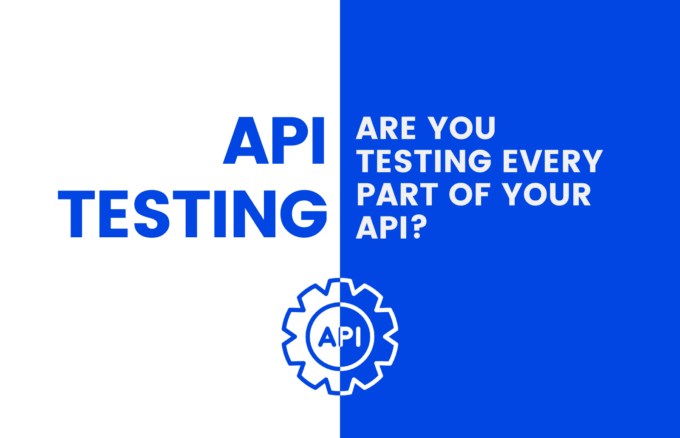
Before conducting API testing, developers need to understand the specific needs and functionality of the API thoroughly.
This involves identifying a wide range of API behavior test scenarios, including positive and negative test cases, boundary conditions, and edge cases. By covering various situations, developers can ensure that the API behaves as expected under different circumstances, making it more robust and reliable.
In the process of creating test cases for API, developers must carefully determine the appropriate test inputs and outputs for each scenario.
This includes specifying the API endpoints, headers, request parameters, and payloads to be used during test execution. By setting clear expectations based on these inputs, developers can easily verify whether the API meets its intended requirements.
Error management is a critical aspect of API testing. Besides, to ensure the API’s resilience and user-friendliness, test cases must thoroughly assess its error-handling capabilities.
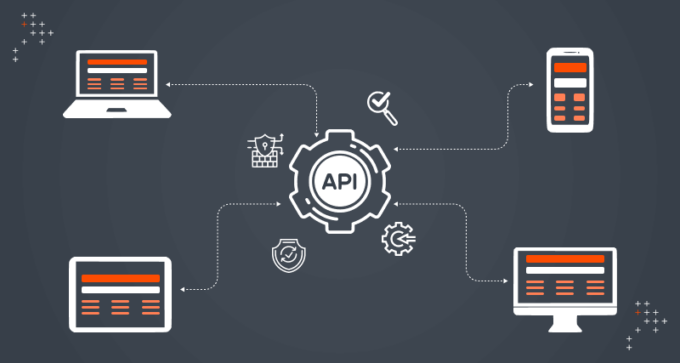
By simulating common error scenarios, such as invalid inputs, missing parameters, and server issues, developers can examine how the API responds and whether it provides relevant error messages.
These tests are crucial for ensuring that the API gracefully handles unexpected situations and provides meaningful feedback to users.
API performance is another vital consideration for delivering a smooth and responsive user experience.
Performance tests play a significant role in analyzing how well the API performs under different stress conditions. Metrics such as response times, throughput, and resource utilization are measured during these simulations.
By evaluating the test results, developers can identify potential performance bottlenecks and optimize specific areas, ensuring that the API runs efficiently even under intensive usage.
Given the potentially large number of test cases or the need for frequent regression testing, relying solely on manual testing can be time-consuming and error-prone.
To address these challenges, developers often turn to testing frameworks or tools to automate the testing process.
Automated API testing offers numerous benefits, including increased speed, simplified execution, and reduced errors.
By utilizing automation, developers can repeatedly run their test suites confidently, ensuring that API upgrades or changes do not lead to unforeseen issues and helping maintain the API’s stability over time.
Conclusion

API functionality, stability, and security depend on test case effectiveness. Early API testing helps developers find and fix issues. Integration testing assures API compatibility with other systems, whereas functional testing ensures API functionality.
Error handling tests verify the API’s ability to handle unexpected events.
Performance testing helps optimize API response times and resource use under varied load scenarios. Security testing protects the API from injection attacks, unauthorized access, and data breaches.
These numerous test scenarios provide robust and high-quality APIs that meet users’ and stakeholders’ needs.
Automating these test scenarios has many benefits. Automating tests, especially regression tests and large test cases, saves developers time. This saves time and improves testing reliability. Thus, API development becomes more agile and simplified with the assurance that bugs are discovered and resolved quickly.
Finally, well-designed API test cases are crucial. They provide API functionality, stability, and security.
Developers may deliver APIs that match user expectations and stakeholder trust by considering including functional, integration, error handling, performance, and security test scenarios and automating.
After thorough testing, modern software applications may confidently use APIs to communicate and share data across disparate systems.


